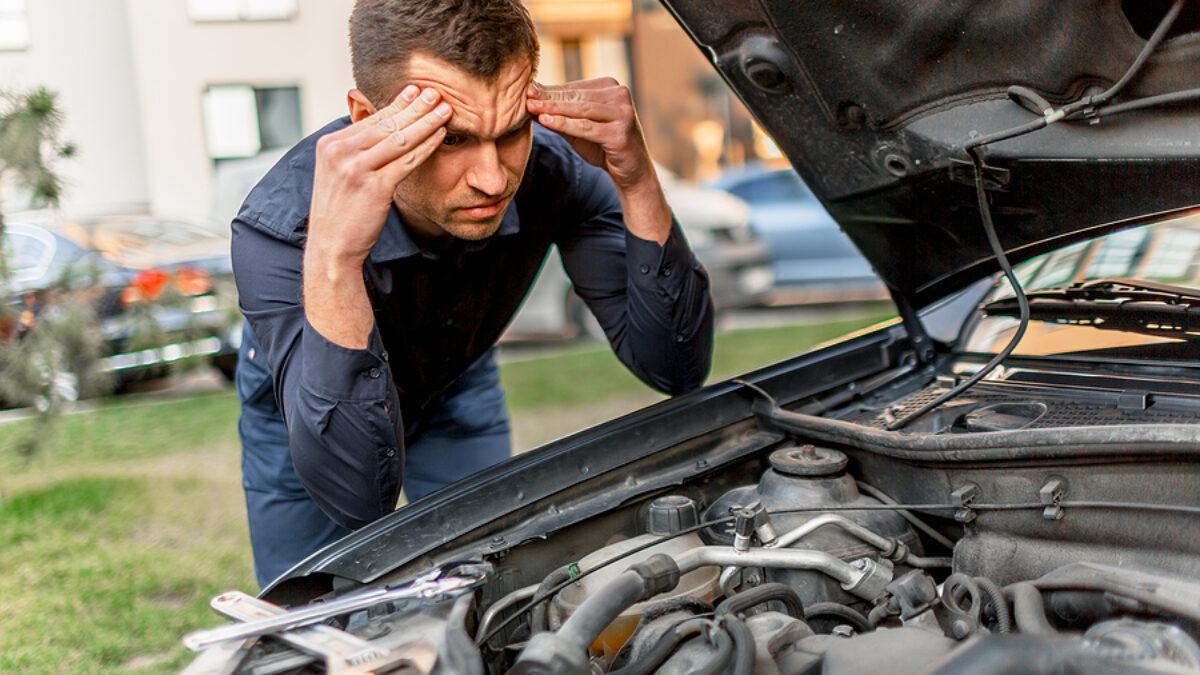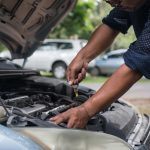Starting Issues? How to inspect If It’s the Battery or Alternator

A fading or dead battery, frayed or corroded connecting cables, a defective alternator, or a problem with the starter are the common culprits when a vehicle won’t start. It can be challenging to tell whether a battery or alternator issue is at hand. Here’s how to determine who the culprit is.
Damaged Battery Signs
Consider a failing battery, a loose or corroded connection, or an electrical draw if your car cranks slowly, starts inconsistently, is harder to start on chilly mornings, or doesn’t make any sound or light up the interior when you try to start it. A low battery with terminal corrosion that is obvious is likely damaged.
If a jumpstart is successful, a battery issue is present. However, you must also determine whether it is just nearing the end of its life or whether there are more serious problems. A malfunctioning alternator may be the cause of a dead or depleted battery. The additional pull from auxiliary lights, fuses, sound systems, alarms, and other devices may also be the cause.
A Bad Alternator’s Telltale Signs
No-starting and difficult starting, dimmer lights, and issues with sound system output are a few of the things to watch out for. If your car starts, but then stalls while you’re driving, your alternator is definitely broken and your battery isn’t getting charged. an engine screeching sound that intensifies when drains like the heating or sound system are used
The alternator bearings could be the issue.
Another red flag is revving the engine after setting the AM radio to a low number on the dial with no music. Your alternator is probably failing if you hear a whine or if the sound becomes distorted when you press the gas pedal.
Look for issues with the starter or other engine parts if the car won’t crank or start but the headlights are still on.
When your car’s check-engine or battery indicator lights come on, it may be a sign that the alternator is malfunctioning or that there is a problem with the vehicle’s charging system. If your car starts running after receiving a jump start, it may also be a sign that the alternator isn’t working properly. It’s crucial to see a specialist about this so they can provide an accurate diagnosis.
Functions of the Battery and Alternator
To start the car, a large electric charge from the battery flows through the starting mechanism and engages a few gears. As you drive, the alternator delivers current back to the battery to recharge it once the car is going. While you’re driving, it powers the electronics in your car and ensures that the battery receives the proper amount of charge.
If Your Vehicle Isn’t Starting
The common symptoms listed above should make it easier to determine exactly what’s wrong. If you don’t want to perform your own diagnostics, give your car a kickstart (to keep it running) and have a specialist examine the electrical system. It’s important to check the charging and starting systems.
Battery tests for typical wet-cell batteries should look at the fluid level, corrosion on the posts (the terminals labelled + and -), and clean cables with a tight connection.
It is best to perform an electronic battery test, which provides more details than a typical load test. It measures cold cranking amps and voltage (CCA).
Additionally, the shop should examine the alternator’s voltage and current output and search for any indications of faulty diodes, the parts responsible for converting AC (alternating current) electrical current to DC (direct current). Ask if you need a higher-capacity alternator if it’s time to replace it and your car has been modified with power-hungry aftermarket items like a music system.
If the alternator is functioning properly, the starting and charging system’s other components will be the focus of the investigation.
You Have a Faulty Alternator?
Your battery may have suffered damage. The battery may have overheated as a result of overcharging because the alternator controls how much electric current is sent back to the battery during recharging. This can reduce its estimated lifespan and make it less dependable. If you are having alternator repairs done, inquire as to whether you require a replacement.
The alternator won’t be harmed if the problem is with your battery.







